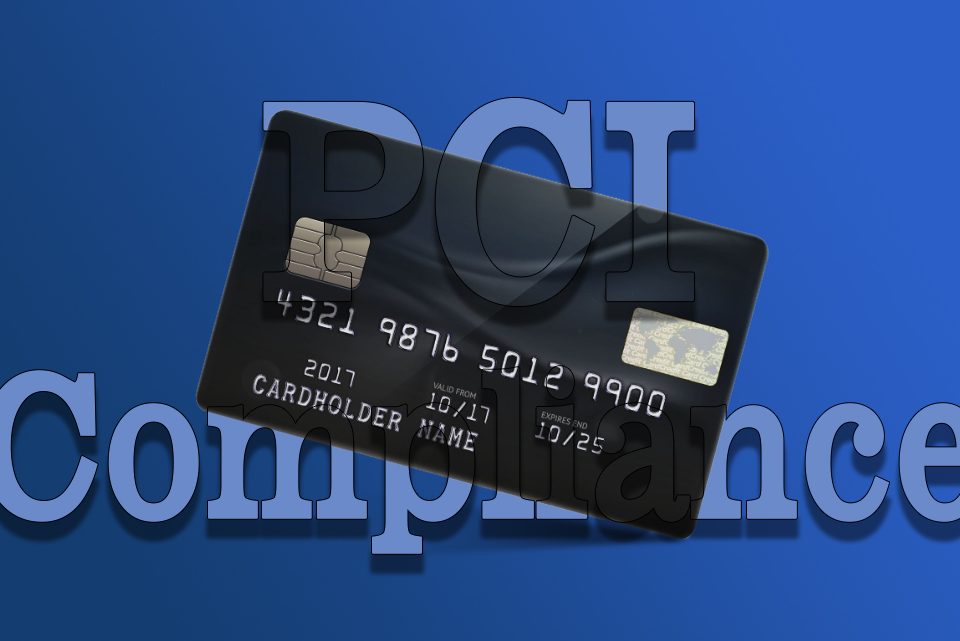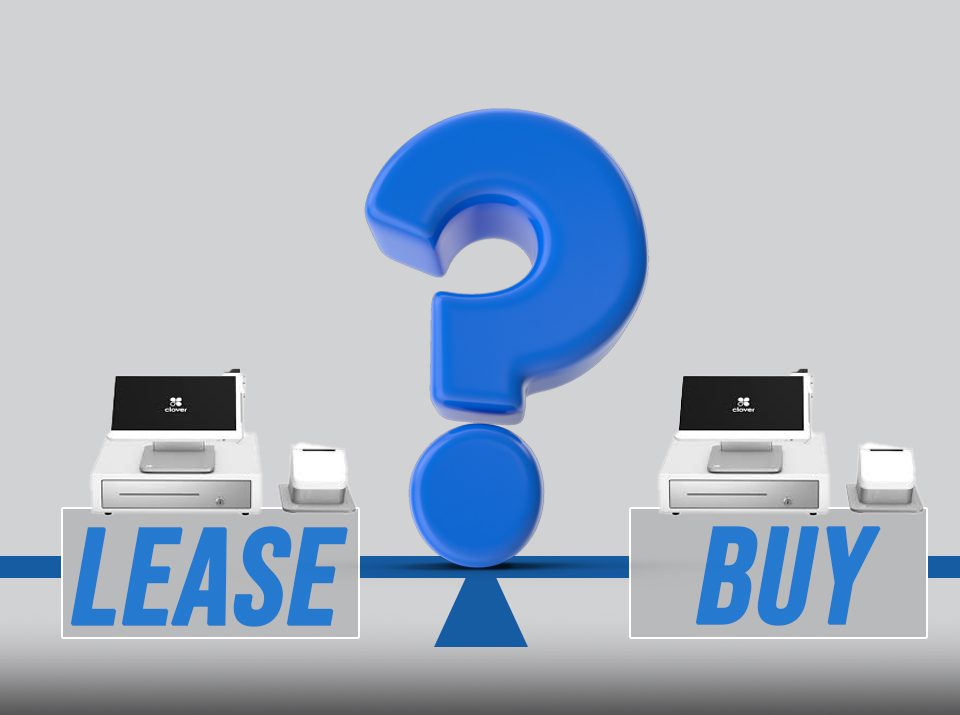The Dilemma: Why Small Businesses Struggle with High Credit Card Fees

What to Look for When Picking a Payment Solutions Company for Your Business
October 16, 2023
5 Important Reasons to Have a Smart Terminal for Your Small Business in 2024
December 12, 2023In the bustling realm of entrepreneurship, where every penny counts, small businesses often find themselves grappling with a financial conundrum: exorbitant credit card fees. As indispensable as credit card transactions have become for businesses of all sizes, the burden of fees disproportionately affects smaller enterprises. In this blog post, we'll embark on a journey to unravel the complexities that contribute to the high credit card fees faced by small businesses and explore strategies to navigate this challenging landscape
Limited Bargaining Power
One of the primary reasons small businesses bear the brunt of high credit card fees is their limited bargaining power. Unlike larger corporations with substantial transaction volumes, small businesses lack the negotiating leverage to secure favorable rates with payment processors. Credit card processing fees, especially interchange fees set by major card networks, are often non-negotiable, leaving small businesses with little room to maneuver in an environment dominated by larger players.
Economies of Scale
Large corporations benefit from economies of scale, a phenomenon wherein the average cost per unit decreases as production or transaction volume increases. This principle extends to credit card transactions, where businesses processing higher volumes can distribute fixed costs over a larger number of transactions. Small businesses, with lower transaction volumes, face a higher average cost per transaction, leading to a disproportionate impact on their bottom line.
High Interchange Fees
Interchange fees, the cornerstone of credit card processing costs, pose a significant challenge for small businesses. These fees, set by card networks like Visa and MasterCard, are a percentage of each transaction and can vary based on factors such as the type of card used and the nature of the transaction. Small businesses, regardless of the nature of their operations, are often subject to interchange fees that eat into their profit margins.
Card-Not-Present Transactions
In an increasingly digital marketplace, small businesses, particularly those in e-commerce, often face higher credit card fees due to the prevalence of card-not-present transactions. Transactions without the physical presence of the card carry a higher risk of fraud, prompting payment processors to impose additional fees to cover the associated risks. Unfortunately, small businesses that rely on online transactions find themselves paying the price for the convenience and accessibility of digital commerce.
Lack of Resources for Optimization
Unlike larger enterprises with dedicated financial departments, small businesses may lack the resources and expertise to optimize their payment processes effectively. This can result in missed opportunities to negotiate better rates with payment processors, implement cost-saving technologies, and stay abreast of industry changes that could impact credit card fees. The lack of financial resources and expertise becomes a significant hurdle for small businesses looking to navigate the intricate world of credit card processing
Fixed Costs and Thin Profit Margins
Small businesses often operate on thin profit margins, leaving little room to absorb additional costs. Credit card fees, which include not only interchange fees but also various other charges like merchant account fees and gateway fees, can become a significant fixed cost. For small businesses, these fixed costs can be particularly challenging to manage, as they must strike a delicate balance between offering convenient payment options to customers and maintaining profitability.
Chargeback Vulnerability
Chargebacks, the bane of many businesses, can be especially detrimental to small enterprises. Whether due to disputes, fraud, or customer dissatisfaction, chargebacks result in not only lost revenue but also additional fees imposed by payment processors. Small businesses may lack the robust systems and dedicated staff required to effectively dispute chargebacks, making them more susceptible to these costly incidents.
Proactive strategies that can help mitigate these costs and foster financial sustainability.
Shop Around for Payment Processors
While interchange fees are non-negotiable, other aspects of credit card processing fees can be subject to negotiation. Small businesses should shop around for payment processors, comparing rates, contract terms, and additional fees. It's crucial to choose a payment processor that aligns with the specific needs and transaction volumes of the business. Additionally, exploring newer, more transparent fintech solutions can sometimes offer more competitive rates.
Leverage Technology for Fraud Prevention
Investing in technology to prevent fraud can be a strategic move for small businesses. Implementing secure payment gateways, utilizing address verification systems (AVS), and adopting advanced fraud detection tools can help minimize chargebacks and reduce the associated fees. While there is an initial investment involved, the long-term savings can significantly outweigh the costs.
Optimize Business Operations
Streamlining business operations and improving efficiency can indirectly contribute to reducing credit card fees. Small businesses should explore tools and technologies that automate processes, enhance inventory management, and optimize order fulfillment. By reducing manual errors and inefficiencies, businesses can decrease the likelihood of chargebacks and improve their overall financial health.
Educate Staff and Customers
Chargebacks often result from misunderstandings or disputes that could be resolved through open communication. Educating staff about proper transaction procedures, return policies, and customer communication can help prevent disputes that lead to chargebacks. Additionally, transparent communication with customers regarding transaction details, refund policies, and contact information can foster trust and reduce the likelihood of chargebacks.
Explore Cash Discounts and Surcharge Programs
Some small businesses have successfully implemented cash discount programs or surcharge programs to offset credit card fees. Offering a discount for customers who pay with cash or implementing a surcharge for credit card transactions can help shift some of the financial burden away from the business. However, it's essential to comply with local regulations and card network rules when implementing such programs.
Stay Informed and Adapt
The world of finance and credit card processing is dynamic, with rules and regulations changing regularly. Small businesses must stay informed about industry developments, changes in card network policies, and emerging technologies. By remaining agile and adaptive, businesses can proactively respond to shifts in the credit card fee landscape and make informed decisions to optimize their payment processes.
By leveraging technology, optimizing operations, and staying informed about industry trends, small businesses can position themselves to navigate the complex world of credit card processing more effectively. While the challenges may persist, the resilience and ingenuity of small business owners can pave the way for financial sustainability in an environment dominated by credit card fees.
Visit Valiant Payments today for a free consultation.




